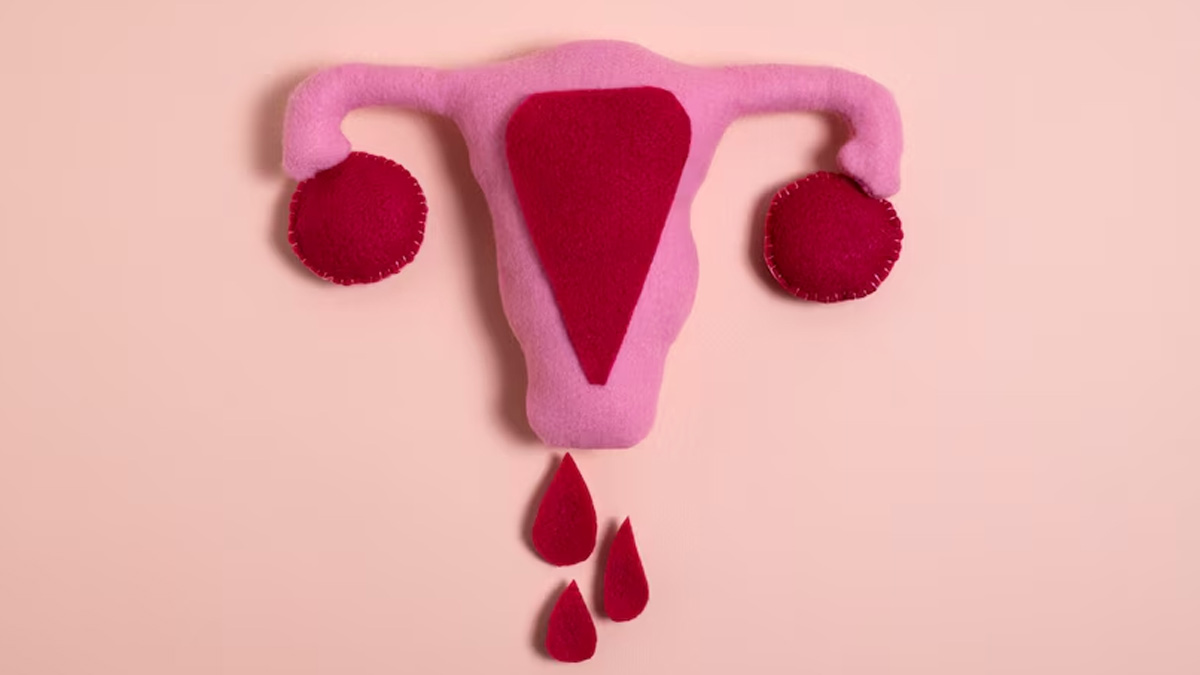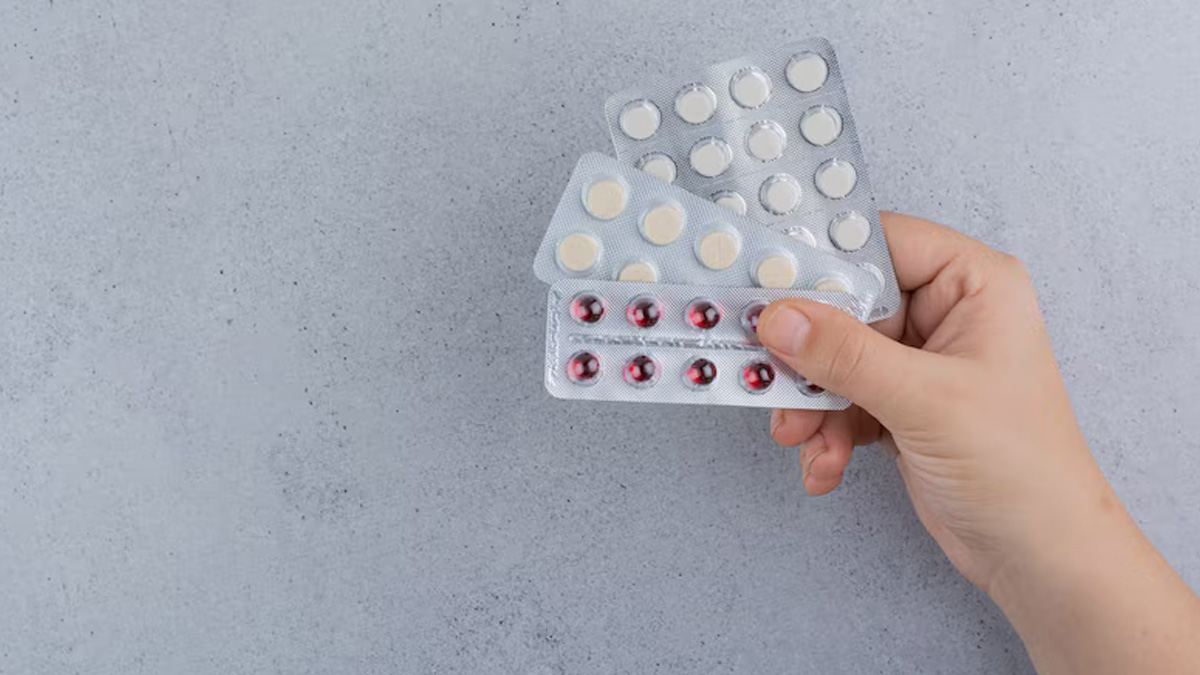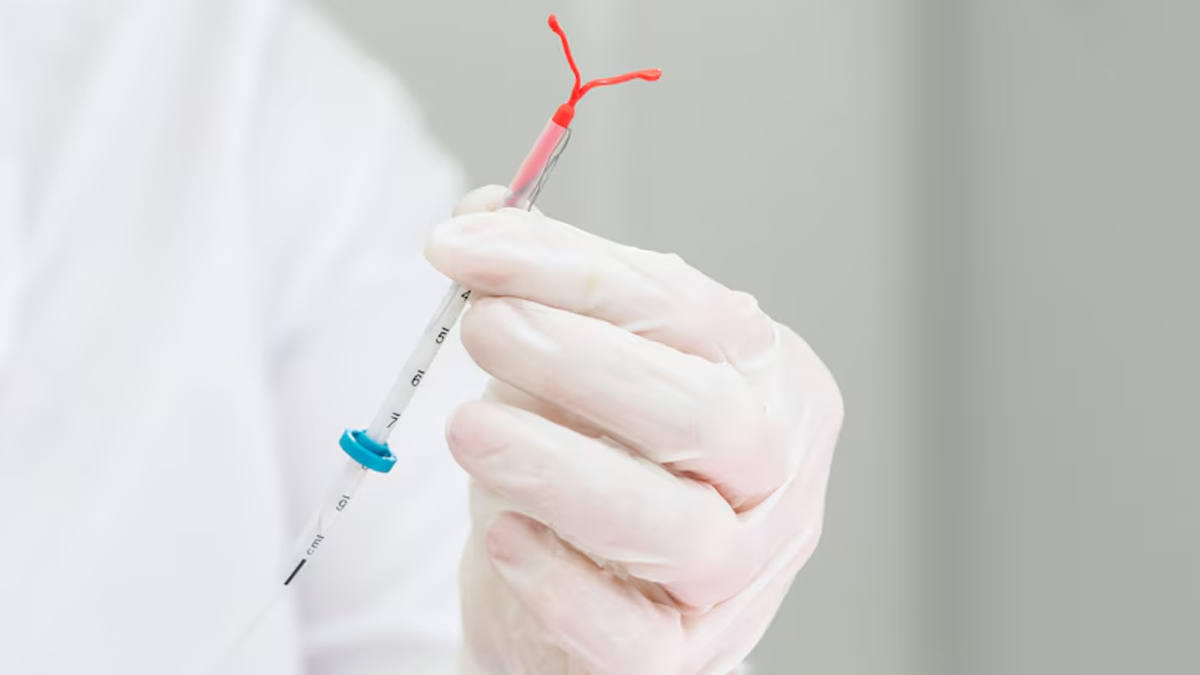
The dates of your menstrual cycle are clashing with your travel plans, special events or any other commitment? How would you delay your periods? Many women delay their periods through menstrual suppression, but is it safe?
Table of Content:-
To know whether it is safe or not, OnlyMyHealth team interacted with Dr Apurva Gupta, Consultant, Obstetrics Gynaecology, Daffodils by Artemis, East Of Kailash, New Delhi.
Dr Gupta said, “Many women commonly delay their periods without knowing about their effects. Before you decide to delay your periods, it's important to know the safe and effective ways to do this so that it doesn't have any detrimental effects on your body.” Here are some safe and effective ways to delay your periods.

1. Combined Oral Contraceptives (COCs)
COCs, commonly used as birth control pills, have oestrogen and progestin hormones. “Consumption of these active pills continuously without the usual seven-day break can delay your period. However, it's important to consult a doctor before using COCs for menstrual suppression, especially if you have any underlying health conditions or are taking other medications,” Dr Gupta said.
2. Progestin-Only Pills (Mini Pills)
Like COCs, consumption of progestin-only pills can also delay menstruation. However, according to Dr Gupta, they may be less effective at suppressing periods as compared to COCs. Consulting with your doctor is important before consuming these pills.

3. Hormonal Contraceptive Patch or Ring
Hormonal patches or vaginal rings have oestrogen and progestin and they can be used to delay periods by skipping the hormone-free interval. These methods as per Dr Gupta are effective and are a better option for women who prefer non-pill options.
4. Medroxyprogesterone Acetate (Depo-Provera) Injections
Medroxyprogesterone acetate (Depo-Provera) injections can help in delaying periods for several weeks to months. However, this method requires a doctor's administration and monitoring as it has side effects and long-lasting hormonal effects.
5. Intrauterine Devices (IUDs)

Dr Gupta said, “Hormonal IUDs, like Mirena, have progestin and can reduce menstrual bleeding over time, resulting in lighter periods or even amenorrhea (no periods).” Although these are not specifically made for menstrual suppression, some women may experience reduced or absent periods with hormonal IUDs.
6. Non-Hormonal Options
If hormonal methods don't suit you, or if you don't prefer hormonal methods, you can go for NSAIDs (non-steroidal anti-inflammatory drugs). “This can temporarily reduce menstrual bleeding and discomfort. “It is important to note that NSAIDs only provide short-term relief and are not recommended for long-term menstrual suppression,” Dr Gupta said.
Also read: Do You Take Painkillers During Periods? Expert Lists The Dos And Don'ts
Conclusion
It's important to understand that while these methods can effectively delay menstruation, they may not be suitable for everyone. Factors like underlying health conditions, medication interactions, and individual preferences must be taken into consideration when choosing a menstrual suppression method. Furthermore, frequently relying on menstrual suppression is something that must be avoided and should be done when absolutely necessary. Frequent use of period suppression methods can disrupt the natural process of the menstrual cycle. Additionally, frequent or long-term use of hormonal methods for menstrual suppression may have potential side effects, like irregular bleeding, hormonal imbalances, and decreased bone density.
Concluding, Dr Gupta said, “Before deciding to delay your periods, it's necessary to consult a doctor to discuss your options, address any concerns, and ensure the chosen method is safe and appropriate for your needs. Your doctor can provide tailored advice to help you make informed decisions regarding menstrual suppression.”
Also watch this video
How we keep this article up to date:
We work with experts and keep a close eye on the latest in health and wellness. Whenever there is a new research or helpful information, we update our articles with accurate and useful advice.
Current Version
